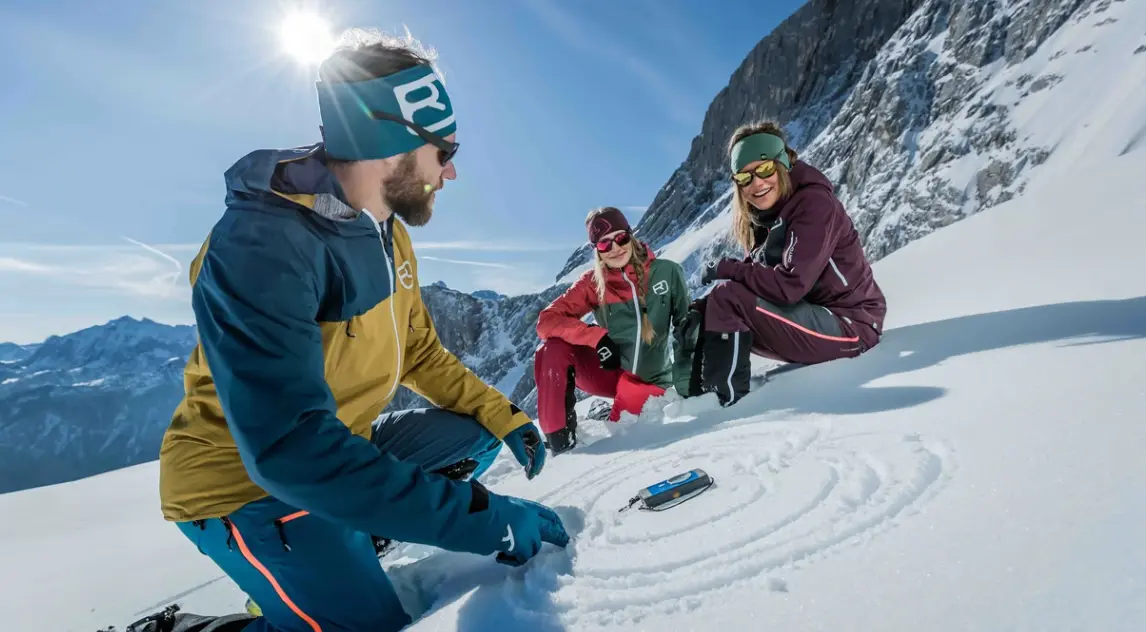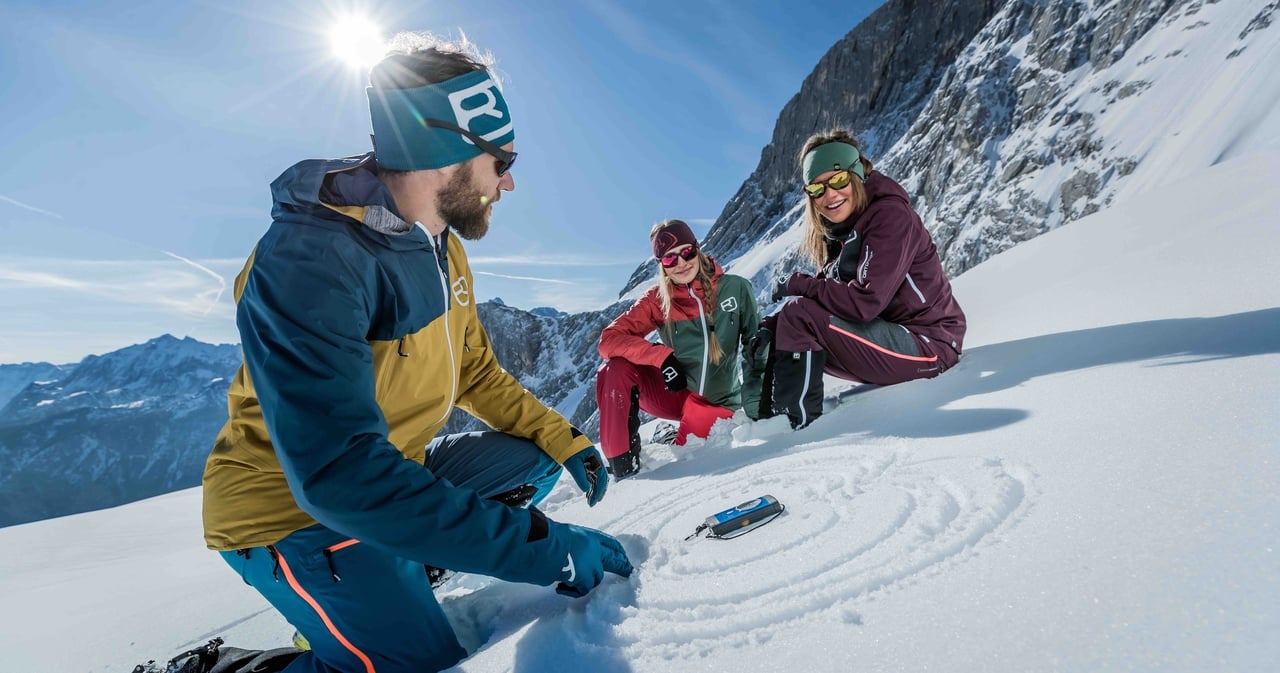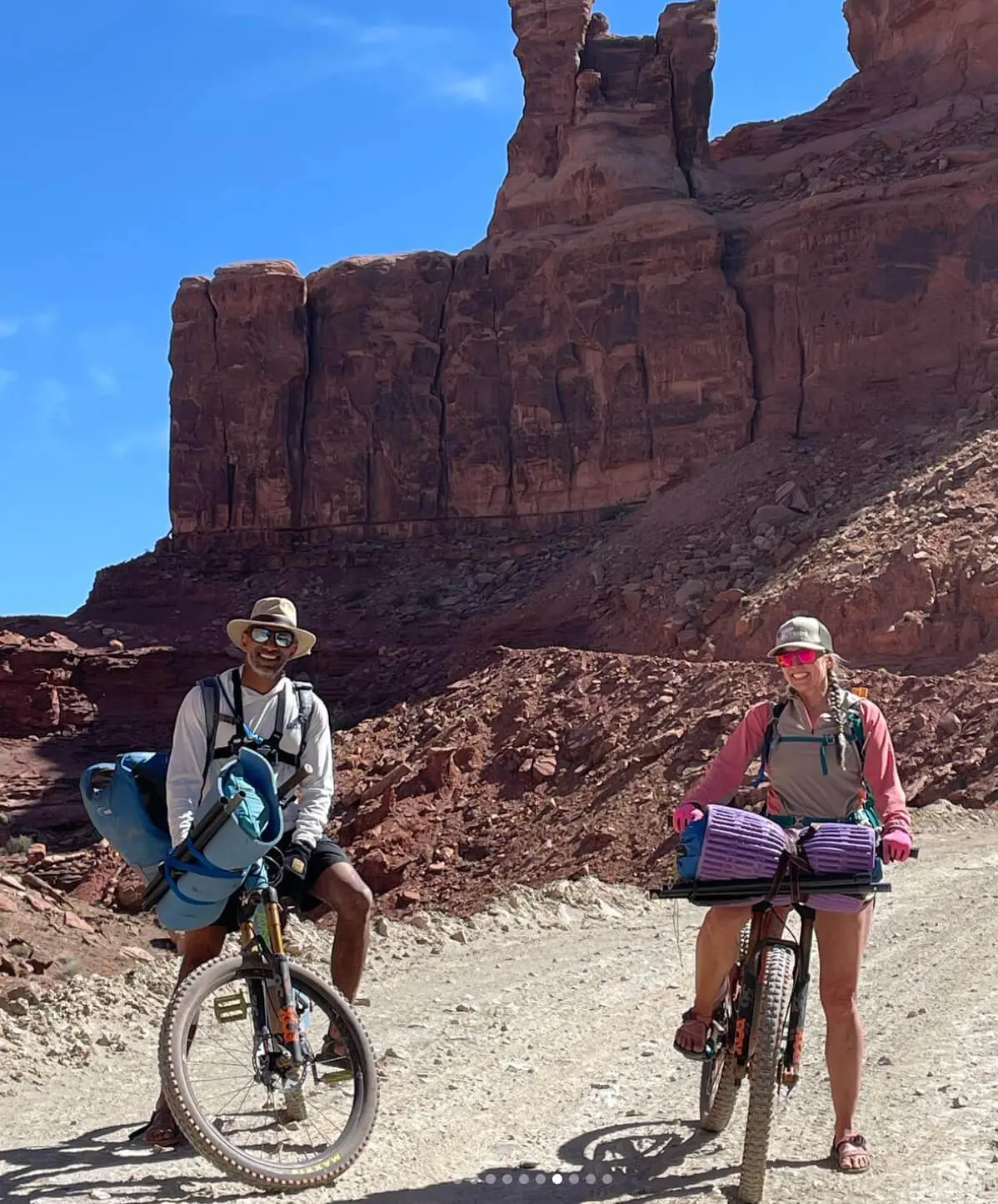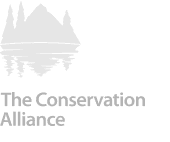Whether you’re new to backcountry skiing or looking to deepen your skills, taking an avalanche education course is one of the most effective ways to prepare for safe travel in the mountains. By learning to recognize avalanche hazards and gaining the skills to manage terrain and weather, you’ll have the tools to make safer decisions. These courses are loaded with hands-on training to ensure you’re educated and prepared. In this article, you will learn about the different types of avalanche courses to help you decide which is best for your goals and experience.
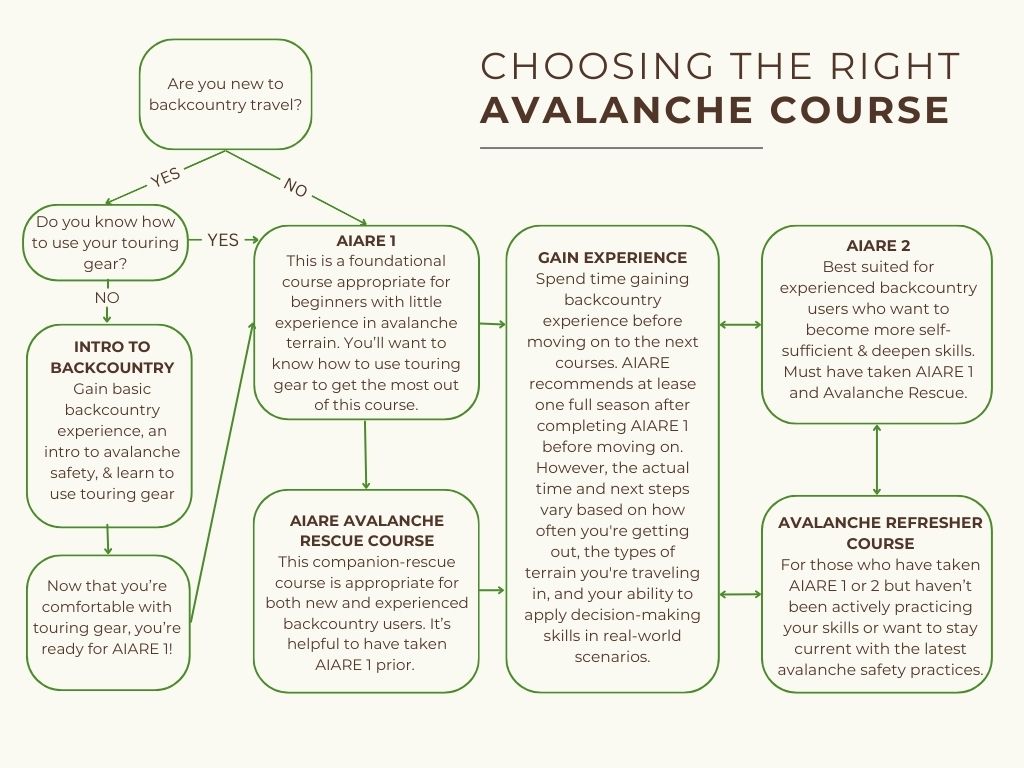
Why Take an Avalanche Course?
By taking an avy course, you’ll be better able to evaluate avalanche risks and make safer decisions in the backcountry, which not only keeps you safer, but makes you a better ski partner and a valuable member of the group. The best days on the mountain end with everyone returning home safe and sound; after taking an avalanche education course, you’ll gain essential decision-making skills, learn to assess terrain, recognize avalanche-prone areas, and understand the role of weather and snowpack in avalanche conditions. Avalanche education is essential for anyone venturing into the backcountry.

Types of Avalanche Courses
You’ll find that most avalanche course providers offer AIARE (American Institute for Avalanche Research and Education) accredited courses. AIARE is a nonprofit educational organization that has developed the standard avalanche education curriculum for a complete program of avalanche courses that meets the needs of students at all levels. The two main types of avalanche education courses are recreational avalanche courses and pro courses. As a recreational backcountry skier or snowboarder, you’ll want to focus on recreational courses.
| Course | Best For | Duration | Prerequisites | Key Skills/Topics |
|---|---|---|---|---|
| Intro to Backcountry | Beginners | 1 day | Intermediate skiing ability | Gear use, touring technique |
| AIARE Level 1 | Backcountry basics | 3 days | Experience with touring gear | Terrain assessment, basic rescue |
| Avalanche Rescue | Companion rescue training | 1 day | None | Beacon use, multiple burials, probes |
| AIARE Level 2 | Advanced decision-making | 3 days | Level 1, Rescue, backcountry experience | Complex terrain, leadership |
| AIARE Pro Course | Guides/professionals | 5 days | Extensive backcountry experience | Risk management, SAR protocols |
Recreational Avalanche Courses
Recreational avalanche education courses are ideal for backcountry skiers and snowboarders seeking to learn essential safety skills for traveling in avalanche terrain. AIARE has designed a progression of recreational courses so that you can grow your knowledge base as you gain experience in the backcountry. The entire Decision Making in Avalanche Terrain program includes seven days of classroom, field, and self-paced online training. The curriculum is typically delivered in the following parts: the AIARE 1 (3 days), Avalanche Rescue (1 day), and the AIARE 2 (3 days). However, there are additional courses that are appropriate to take prior to and in addition to this standard progression.
Intro to Backcountry Courses
You’ll find that many “intro to backcountry” courses offer a brief introduction to avalanche education. This isn’t part of the AIARE curriculum, but it’s a great starting point if you’re not ready for the full course or have very little experience in the backcountry. The main focus of these courses is learning how to move through the backcountry, using your touring equipment and learning touring technique, and having a fun backcountry adventure with a guide. The AIARE Level 1 curriculum does NOT cover how to use your touring equipment, so if you’re looking to gain experience using your backcountry ski or split-board set-up with a bit of introductory avalanche education, this is your course.
- Who Should Take It: Intro to Backcountry is appropriate for beginners or anyone looking to increase their knowledge in an instructional environment.
- Prerequisites: Ability to ski or snowboard at an intermediate level.
- What You’ll Learn: In general, intro to backcountry courses cover how to use touring gear and avalanche safety gear, how to travel uphill efficiently, and an introduction to avalanche awareness.
AIARE Level 1 – Introduction to Managing Avalanche Hazard
The AIARE 1 course (also known as “Avy 1”) is an introductory course and is the most popular starting point for new backcountry skiers and snowboarders. The AIARE 1 is a three-day course that provides an introduction to using decision-making tools to help a group manage risk while traveling in avalanche terrain. It emphasizes a repeatable process to manage risk through a combination of classroom and field instruction
- Who Should Take It: This course is appropriate for beginners with little to no experience in avalanche terrain who want to gain essential skills.
- Prerequisites: It is helpful to have some experience using your touring equipment prior to taking this course.
- What You’ll Learn: You’ll cover the basics of identifying avalanche terrain and recognizing hazardous conditions, evaluating snowpack stability and understanding avalanche forecasts, and practicing avalanche rescue techniques using beacons, probes, and shovels. By the end of this course, you’ll have a solid understanding of decision-making in avalanche terrain and be able to travel with more confidence.
AIARE Avalanche Rescue Course
This single-day AIARE Avalanche Rescue Course focuses on companion avalanche rescue. You’ll gain a deeper understanding of how to rescue a companion caught in an avalanche, with plenty of hands-on scenario practice. This course is a prerequisite for the AIARE 2 and Pro 1 courses.
- Who Should Take It: This course is appropriate for both new and experienced recreational backcountry travelers, and is recommended to be taken regularly to keep your skills sharp.
- What You’ll Learn: You’ll learn what to do if you or a group member are caught in an avalanche, and cover the ins and outs of using the appropriate gear necessary in an avalanche rescue. More advanced topics covered are multiple burials, evacuation considerations, and more.
AIARE Level 2 – Advanced Decision-Making in Avalanche Terrain
If you’re looking to take your skills to the next level, AIARE 2 builds on what you learned in AIARE 1 and Avalanche Rescue, diving deeper into the dynamics of avalanche hazards. This 3-day course builds upon the introductory avalanche hazard model learned in level 1
- Who Should Take It: AIARE 2 is best suited for experienced backcountry skiers and snowboarders who want to become more self-sufficient, and advance their avalanche knowledge and decision-making skills by applying their skills to new terrain and situations. You might be taking on a leadership role within your ski group, or considering taking pro-level courses in the future.
- Prerequisites: Must have taken an AIARE 1 and Avalanche Rescue and have had at least a year of backcountry travel experience.
- What You’ll Learn: You’ll study more advanced decision-making strategies and refine your skills in assessing complex terrain and interpreting weather patterns. You’ll also dive into leadership skills, group management techniques, promoting appropriate terrain selection, and more, making this course a great choice for aspiring backcountry leaders.
Avalanche Refresher Course
Even experienced backcountry travelers can benefit from an Avalanche Refresher Course, especially if it’s been a while since their last training. This course is a great option for those who have previously taken an avalanche education course to regain confidence and sharpen your abilities before heading out on your next backcountry adventure. This is typically offered as a single-day, field-based course.
- Who Should Take It: If you’ve taken AIARE 1 or 2 but haven’t been actively practicing your skills, or if you want to stay current with the latest avalanche safety practices, this course is a great option.
- Prerequisites: This course is intended for those who have previously taken AIARE 1 or higher.
- What You’ll Learn: The refresher course revisits key decision-making frameworks and rescue skills, snowpack assessment, terrain management, group dynamics, and provides updates on the latest tools and methods.
Professional Courses and Complimentary Courses
Pro Courses offer advanced training for guides, patrollers, and other mountain professionals, with in-depth focus on risk management, complex terrain navigation, and group leadership in avalanche-prone areas. Additionally, Dog Training and Tactical Courses are designed for search and rescue professionals and first responders, providing specialized training for avalanche rescue dogs and tactical skills to effectively respond to emergencies in high-risk environments. These courses enable professionals to lead with precision and readiness, ensuring the highest level of safety in avalanche rescue operations.
For a well-rounded foundation of being prepared for backcountry emergencies, Wilderness Medicine Courses are highly recommended. Wilderness medicine courses teach essential skills for responding to emergencies such as trauma, hypothermia, or other common incidents that can occur in the mountains, as well as how to lead effective evacuations.
Where Can I Take an Avalanche Education Course?
Avalanche education courses are offered through providers throughout the country. Check out courses in the following locations through TripOutside’s preferred providers:
Utah Avalanche Education Courses
Red River Adventures offers courses in Utah’s Big & Little Cottonwood Canyons of the Wasatch Mountains.
East Coast Avalanche Education Courses
International Mountain Climbing School offers courses in North Conway, NH, in the White Mountains.
Colorado Avalanche Education CoursesSilverton Avalanche School offers courses in Silverton, CO, where backcountry gear is mandatory to ski at Silverton Mountain. Colorado Adventure Guides offers courses in many of Colorado’s favorite backcountry zones such as Silverthorne, Dumont, and Winter Park.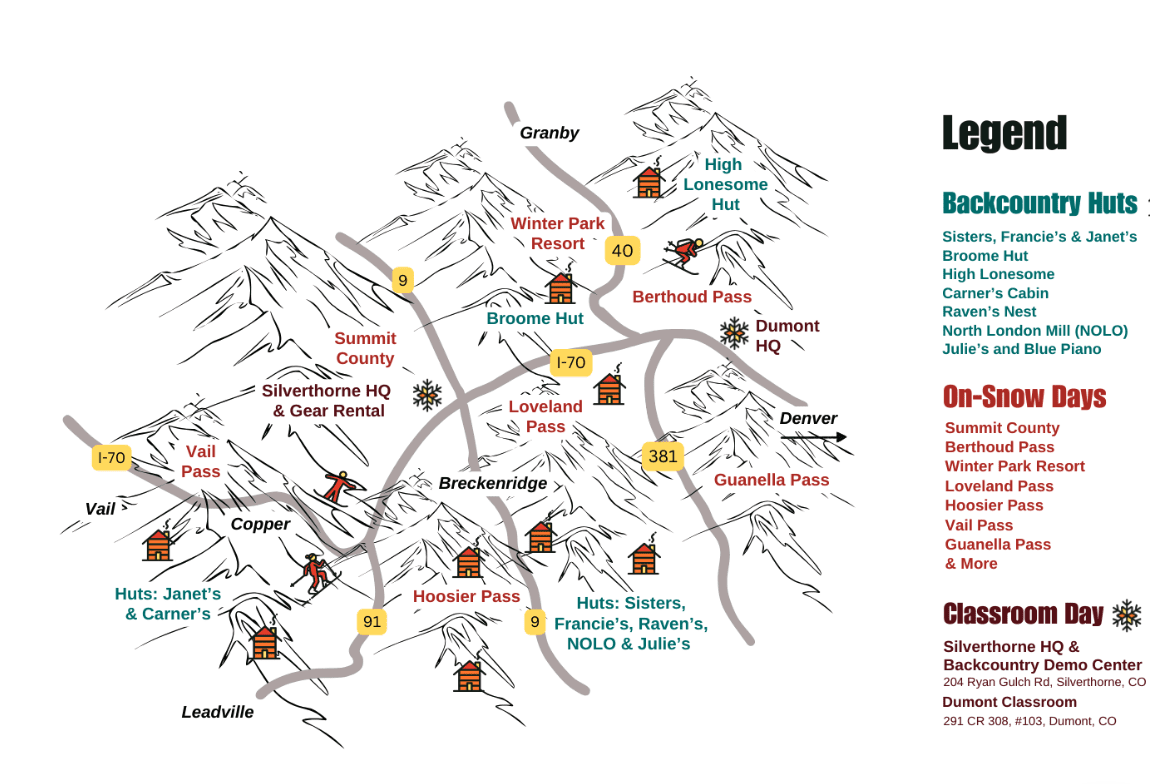 Colorado Adventure Guides Avalanche Education Locations, 📸 courtesy of CAG
Colorado Adventure Guides Avalanche Education Locations, 📸 courtesy of CAG
Guided Backcountry Ski & Snowboard Tours
If you’re just starting to dip your toes into backcountry skiing and snowboarding, a guided backcountry skiing tour is a great option. You do not need to have taken an avalanche education course to participate in a guided backcountry tour. In fact, many of these tours, such as “intro to backcountry” tours, offer a brief introduction to avy education. You also don’t have to have your own gear; guided tours typically provide a full ski touring or splitboarding setup, as well as beacons, shovels, and probes. Guided tours are also a great option when traveling to an unfamiliar area, where you might not be as familiar with the terrain and snowpack patterns, or simply want a local to show you the best zones.

Ready to Hone Your Backcountry Skills?Investing in avalanche education is an essential step for anyone venturing into the backcountry. Whether you’re just getting started with a guided Introduction to Backcountry Skiing trip, taking your first AIARE 1, or brushing up on your skills in an Avalanche Refresher Course, these courses equip you with the knowledge and confidence to move through avalanche terrain safely. Through training and practice, you’ll become a better backcountry user and a more reliable group member, so that you and your friends can enjoy the fresh pow for years to come. Take the time to learn, practice, and stay safe out there — the backcountry will reward your efforts with fresh turns and incredible adventures!
Frequently Asked Questions
We tried to answer all of the common questions that we get or that we found needed to be answered. But, I’m sure we missed some, leave a comment and one of our community members will answer it or we’ll find the experts that can!
If you’re new to backcountry travel and unfamiliar with avalanche safety, consider taking an Intro to Backcountry course. This course provides a basic introduction to backcountry safety, touring equipment, and avalanche awareness. If you already know how to use your touring gear, the AIARE 1 course is a great foundational course that focuses on avalanche hazard management and safe travel in avalanche terrain.
The AIARE 1 course is designed for beginners who have some basic touring experience and want to learn essential skills for managing avalanche risk. This course covers terrain assessment, snowpack evaluation, and basic rescue techniques, providing a solid foundation for safe travel in avalanche-prone areas. It’s ideal for new backcountry skiers and snowboarders looking to develop their decision-making skills.
If you’re new to backcountry gear, start with an Intro to Backcountry course. This course helps you become familiar with using touring gear and teaches the basics of backcountry safety and avalanche awareness. It’s a great starting point before progressing to more advanced courses like AIARE 1.
The AIARE Avalanche Rescue Course focuses on companion rescue skills, teaching you how to use beacons, probes, and shovels effectively. This one-day course is recommended for both beginners and experienced backcountry travelers and is ideally taken after the AIARE 1 course. It provides practical training for rescuing someone in the event of an avalanche.
The AIARE 2 course is for experienced backcountry skiers and snowboarders who want to become more self-sufficient in avalanche terrain and deepen their decision-making skills. This advanced course builds on AIARE 1, covering complex terrain assessment, leadership skills, and snowpack evaluation. Prerequisites for AIARE 2 include completing AIARE 1 and the Avalanche Rescue Course.
An Avalanche Refresher Course is recommended for individuals who have previously taken AIARE 1 or AIARE 2 but want to keep their skills sharp or stay updated on the latest avalanche safety practices. This course is typically a one-day, field-based training session that revisits key decision-making frameworks and rescue skills.
Yes, taking an avalanche course is highly recommended even for occasional backcountry travelers. A foundational course like AIARE 1 will teach you essential skills to recognize avalanche hazards and make safer decisions in avalanche-prone areas, which is critical regardless of how often you venture into the backcountry.
To take the AIARE 2 course, you must have completed AIARE 1 and the Avalanche Rescue Course. Additionally, it’s recommended to have at least one season of backcountry experience to fully benefit from the advanced training in AIARE 2.
If you’re entirely new to the backcountry, consider starting with an Intro to Backcountry course. This introductory course helps you become familiar with touring gear and teaches the basics of backcountry travel and avalanche awareness, making it easier to transition to AIARE 1.
Recreational avalanche courses like AIARE 1, Avalanche Rescue, and AIARE 2 are designed for skiers and snowboarders who want to learn avalanche safety skills for personal backcountry travel. Professional courses (e.g., Pro 1 and Pro 2) are geared toward those working in avalanche terrain as guides, patrollers, or search and rescue professionals, with a focus on advanced risk management and complex decision-making.

